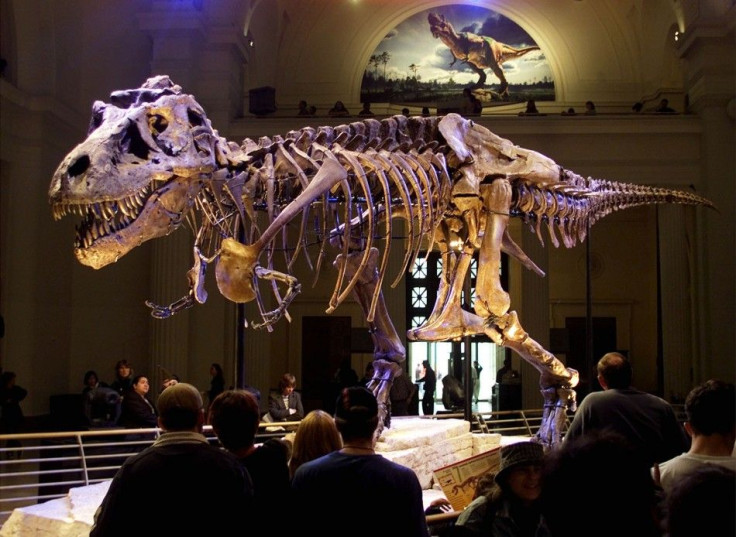Asteroid That Killed Dinosaurs Are Responsible For A Greener Earth

A ten-kilometre wide asteroid had smashed into the Yucatan peninsular off Mexico, about sixty-six million years ago. It resulted in wiping out of many plant and aminal species like the dinosaur. it also caused a lot of calamities like triggering a mega-tsunami, wildfires and earthquakes.
According to the Daily Mail, a new discovery claimed that the incident was a turning point for the plants that are currently dominating vegetation. It is said that the fast-growing seasonal species took over the evergreens, based on a study of a thousand fossilized leaves in North Dakota.
The leaves that were taken were analysed by the scientists that showed the switch from evergreen to decidious plants. The study was conducted by the University of Arizona.
Dr. Benjamin Blonder from the University of Arizona is the lead scientist of the study. He is an ecologist who focuses on plant response to climate change and his interest lies in improving science education through experiential approaches.
He said that if one thinks about a mass extinction due to a catastrophic event like a meteorite creating impacts on the Earth, one can imagine that all species are equally likely to die. He continued that in such cases survival of the fittest doesn't apply as the impact of the event is like a reset button. He added that the alternate hypothesis would be that some species had the ability in them that helped them survive.
The fossils were collected from Hell Creek, a rock formation that marks the site in North Dakota. The study provides the evidence of a shift to fast-growing species from the slow-growing plants. It also shows why forests in the current day are made up of seasonal plants as opposed to evergreen plants. The discovery was put together in the online journal Public Library Of Science Biology.
Evidence has also been found that the global temperatures rose after the impact of the asteroid, reported the PNC Voice. The impact led to an effect being similar to that of the aftermath of a large-scale nuclear war. It created the 'Chicxulub' impact which brought in 'nuclear winter' by lowering the global sea temperature to a great extent.





















